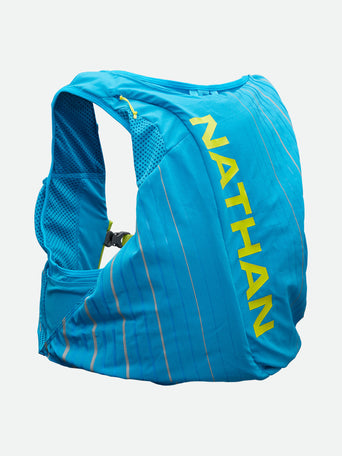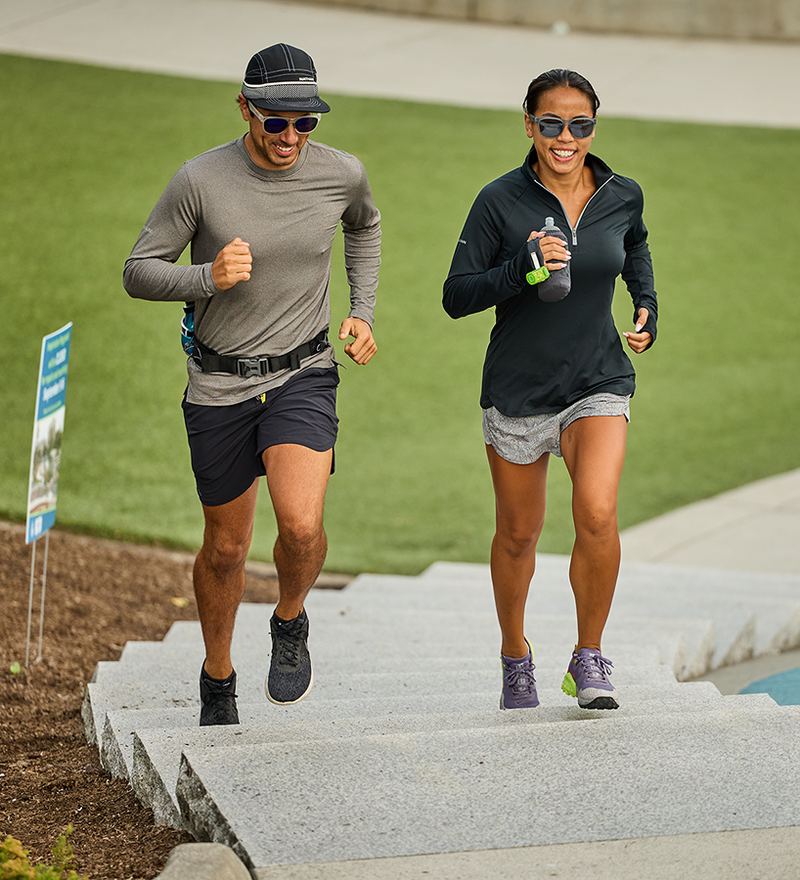By: Matt Hunt
Published: 1/7/2022
Adventure sports have endless benefits, including physical wellness and mental health betterment. For some, staying fit—of mind and body—is a primary goal. For others, riding waves, jumping from planes, and long-haul trekking are invaluable methods of maintaining spiritual and physical sobriety.
Eight years ago, Jeff Thomas, Myles Beck, and Alexander Chesher found sobriety from substance abuse in adventure sports, proving that these activities are not just methods of achieving physical wellness. In fact, adventure sports can be a vital asset to achieve new milestones in sports performance, improved mental health, physical health, and sobriety, which is why they've made it central to their mission of helping other people.
Albeit an unconventional approach in modern rehabilitation programs, adventure sports therapy can be utilized just about anywhere because, at most times, nature is just a few steps away. It might not always be the Swiss Alps you're climbing or the Andaman Sea you're diving into. Still, nature, in some form, is abounding everywhere on Earth, bringing with it the opportunity to exercise and recover in the same breath.
The reality that someone can find—and maintain—sobriety through developing habits of regular outdoor activity is a primary focus of Moving Mountains Recovery, the substance abuse and mental health treatment provider in New Jersey founded by Jeff, Myles, and Alex, which focuses on building adventure therapy recovery programs for their clients.
Adventure therapy promotes a decrease in symptoms of anxiety and depression, increases self-efficacy, improves interpersonal skills, and fosters identity development by pushing individuals to face challenges, fail and get back up, and eventually overcome seemingly impossible challenges. The idea is to enable clients to refocus and channel their energy into thrilling adventure challenges, similar to those that the founders themselves used to recover: running, rock climbing, snowboarding, skiing, hiking, mountain biking, and even BASE jumping.
The upside of this approach to recovery is that it doesn't have to end, either. While some rehabilitation programs have very rigid guidelines that start and end for specific durations of time, the programs designed by the sober athletes at the helm are meant to build lifelong passions. They focus first on finding the passion in adventure sport and then build healthy habits that replace time spent using substances with going outside and having that adventure.
Every time of day, during each season, and on every continent, new opportunities exist to participate in adventure sports. Although one size (or sport) does not fit all, the experience of high-adrenalin sporting is adaptable to each individual that takes the leap into uncovering what they are capable of and how it can provide a solid structure for their recovery.
Engaging in adventure sports, whether it's something simple like going for a run or something more intense like jumping off the side of a cliff, is all-inclusive, as well. Like so many other things in life, the sports themselves can be gently approached by people of any age or body type. As such, sports can be building blocks for more essential things like mental health and can also be treated like building blocks themselves- starting small and growing into a passion that can completely alter the way you live your life, spiritually and otherwise.






Comments